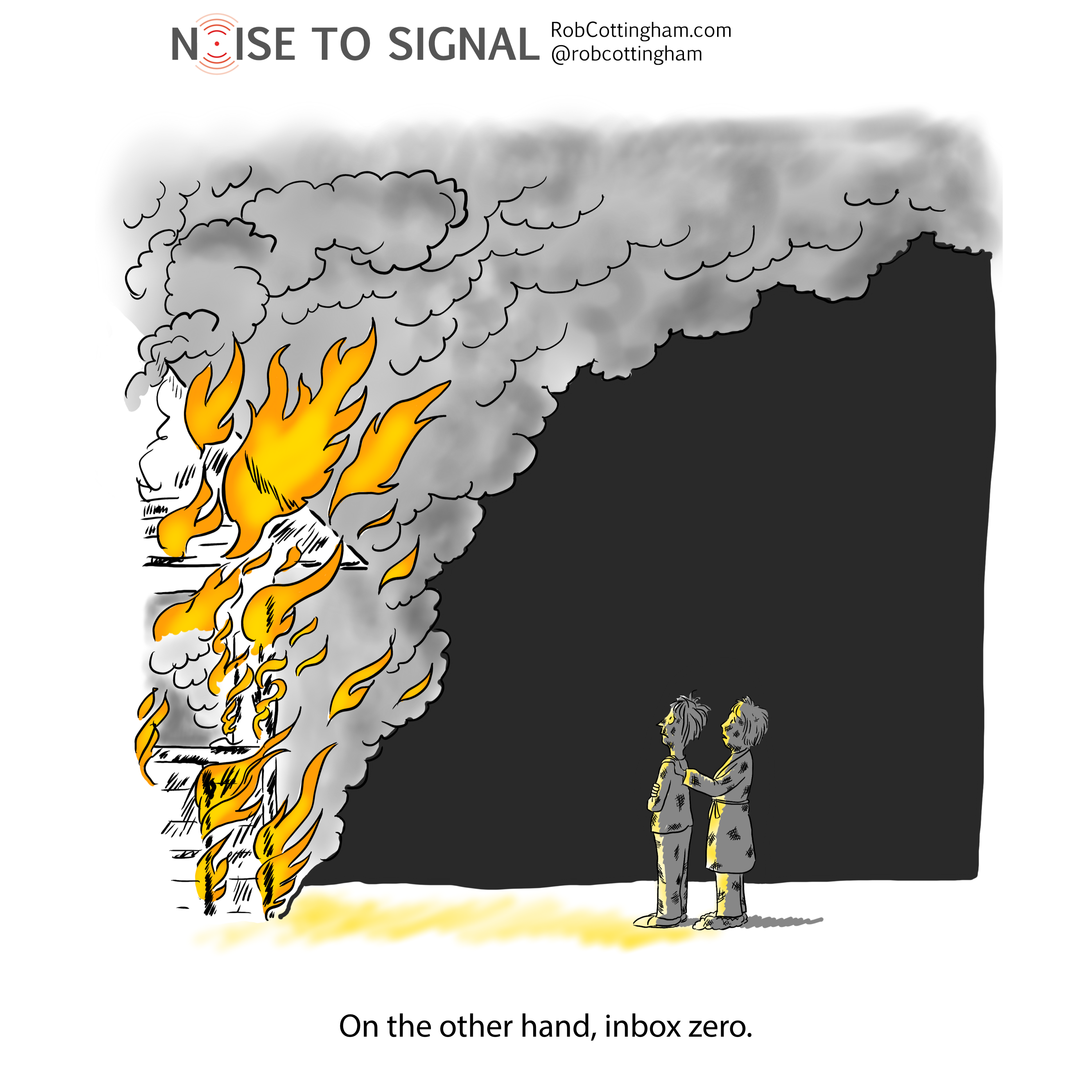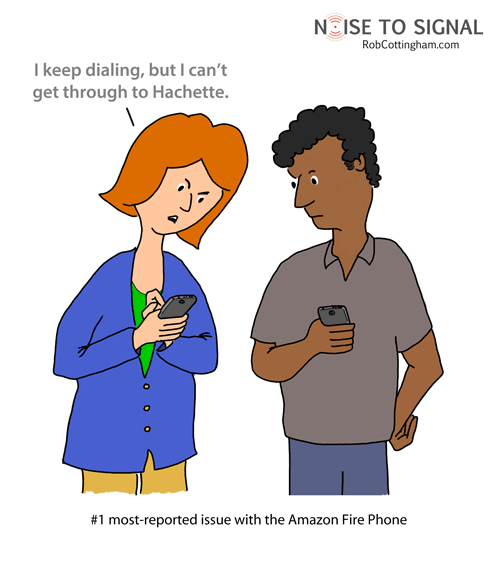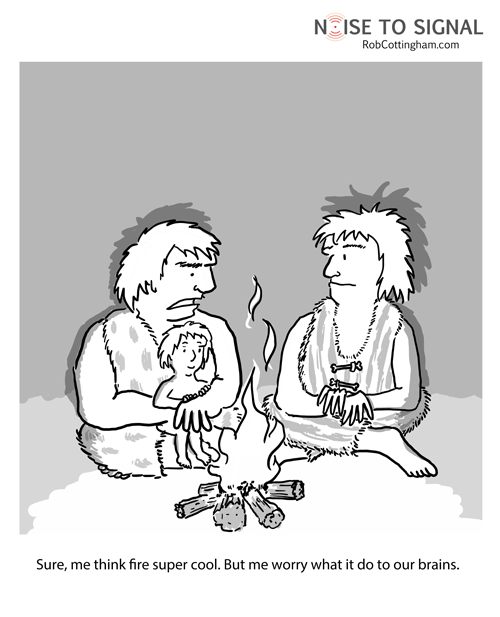I’ve given up on inbox zero, that holy grail of email productivity. For that matter, I’ve given up on pretty much everything zero.
My desktop is an anthill of icons (shoveled periodically into folders because I read once that every icon on your desktop chews up processor cycles and also is an abomination unto Apple). My browsers are bursting with open tabs. I have more Finder windows open than there are windows in every house I’ve ever lived in. I have four books partly finished on my Kindle and three science fiction novels on the go on my nightstand.
And you know what? I’ve made my peace with it. With all of it. Because I think at some level, I actually want a queue in every one of my life’s inboxes. Subconsciously, maybe I’m terrified of dying alone and unloved… but by god, at least I’ll have my two hundred open Firefox tabs to keep me company.
Perhaps what’s lacking for those of us who haven’t reached inbox zero isn’t persistence, but unbelievable, superhuman courage. Inbox zero demands that you one day stare unblinking and alone into the abyss, without the comfort of knowing several thousand unread newsletters (that one from last week, “Top marketers share their branding secrets for the afterlife,” would sure come in handy right now, wouldn’t it?) are standing be your side.
So to those of you with immaculate desktops, cavernous empty inboxes and a single, perfect browser tab open, I’m in awe. And it’s only partly from your work ethic and level of organization. What really impresses me is your capacity to embrace the looming void, your Kierkegaardian ability to define meaning in your life without relying on an endless list of unsorted Evernote clips to provide that meaning for you.
Inbox zero is for superheroes.
And good for you. Now if you’ll excuse me, Clark Kent here has some email to read.



